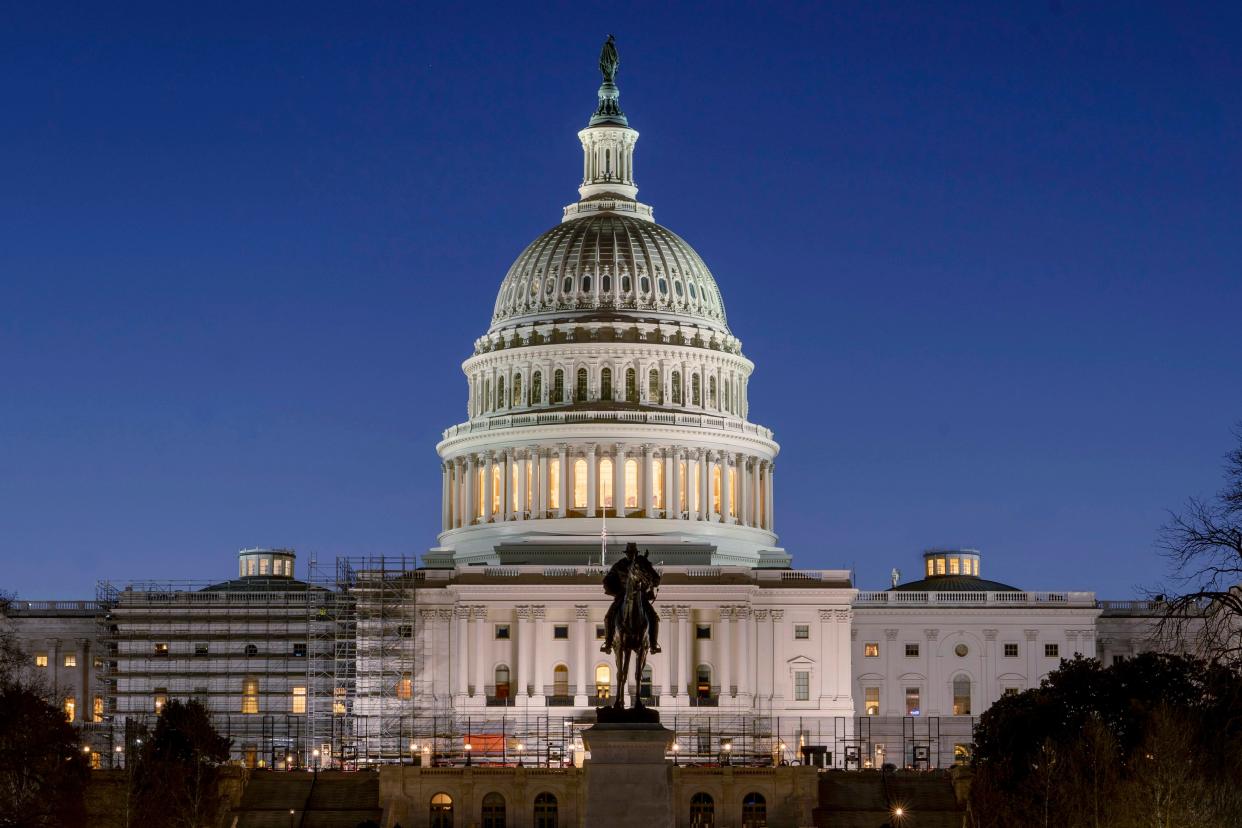What's a government shutdown? Why does it affect you? Here's what to know

Facing unfinished federal budget work and political gridlock, Congress has a lot to get done by Friday if it wants to avoid a government shutdown.
What is that, exactly, and why should it matter to Americans? Here's what to know.
What's a federal government shutdown and why does it happen?
A government shutdown happens when lawmakers don't agree on how to spend the government's money.
Congress has 12 annual budget appropriation bills each year. If those don't get passed, federal agencies are told to halt all nonessential functions until Congress acts. It's known as a partial shutdown when a portion of the bills are passed, as some agencies would be funded while others are not.
Political infighting amongst lawmakers on both sides of the aisle is often the culprit.
What federal services will be affected?
Services deemed essential during a shutdown are kept running. Government functions considered nonessential will cease until it's over.
Some essential services include air travel, Supplemental Nutrition Assistance Program, the military and tax collection through the IRS. Additionally, the U.S. Postal Service will still be up and running because it does not receive federal funding. Social security checks, Medicare and veteran's services will also continue.
What will shutter: national parks and museums, the Head Start preschool program, workplace and food safety inspections, according to Reuters.
Government shutdown: Who is affected by a government shutdown
How are federal workers are affected?
More than 2 million civilians are employed by the federal government, though not all will be furloughed.
Nonessential workers are told not to report to work. Those called essential will go to work but won't get paid until the furlough ends. Lawmakers still get their paychecks on time.
When has this happened before?
There have been four shutdowns that have lasted more than one day, according to Brookings Institution: twice under former president Bill Clinton in 1995 and 1996, in 2013 under former president Barack Obama, and again in 2018 into 2019 under former president Donald Trump.
What's holding up lawmakers?
Republican and Democrat infighting has pushed lawmakers to brink of the Friday deadline to pass the 12 spending bills.
Both chambers of Congress have their own ideas of how the government should be funded. House Republicans' version won't pass the Democratic-controlled Senate, and even the bipartisan stopgap measure from the Senate wouldn't pass the House.
House Speaker Kevin McCarthy is calling for progress as the lower chamber continues to move the appropriation bills through, though he's in a dicy place as hardline conservatives in the House are calling for his removal if he works with Democrats or passes a resolution.
This article originally appeared on Cincinnati Enquirer: What a federal government shutdown means for you
